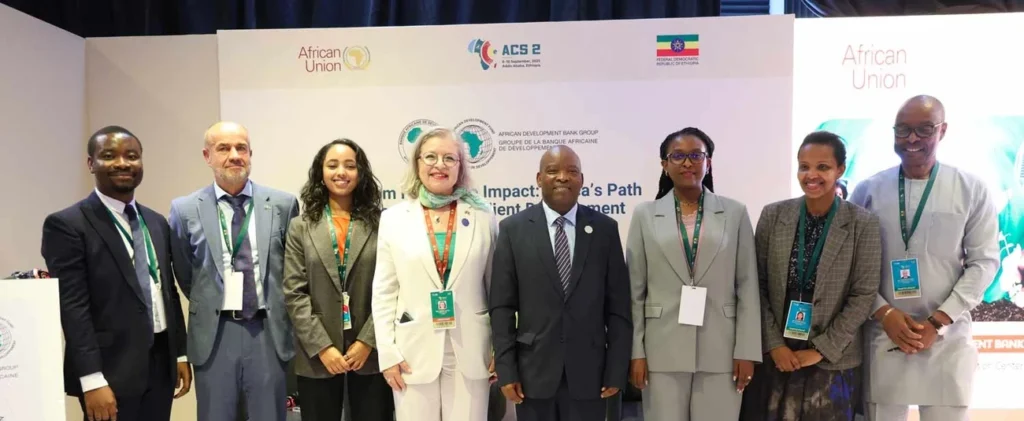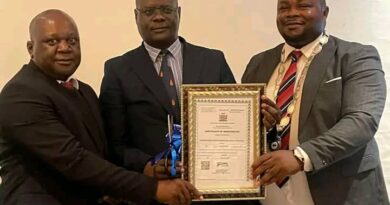Africa Powers Ahead with Circular Economy Drive at Climate Summit
African nations are moving from planning to action in their circular economy ambitions, with momentum building at the Second Africa Climate Summit (ACS2). A high-level dialogue, held on the sidelines of the summit in Addis Ababa, brought together policymakers, entrepreneurs and development partners to accelerate delivery of the African Union’s Continental Circular Economy Action Plan (CCEAP), adopted in July 2025.
The session, “Delivering Africa’s Circular Economy Agenda: From Roadmaps to Continental Action”, was convened by the African Development Bank’s Africa Circular Economy Facility (ACEF), the United Nations Development Programme (UNDP), and the African Circular Economy Alliance (ACEA). Together, these platforms provide finance, policy alignment and technical support to scale circular initiatives across the continent.
African Union Commissioner Moses Vilakati described the CCEAP as “a stage for a green, inclusive and resilient future, and a chance for Africa to lead the global circular economy while tackling climate change head-on.” Analysts estimate the shift could generate $546 billion in market opportunities and create 11 million jobs by 2030.
Dr Anthony Nyong, Director for Climate Change and Green Growth at the AfDB, stressed the importance of connecting national roadmaps with continental platforms to mobilise resources and scale innovation. “Africa has the vision, through the AU’s Action Plan. It has the national roadmaps that translate this vision into practical steps. And it has the platforms — through ACEA and ACEF — that can connect these efforts and mobilise the resources required,” he said.
UNDP’s Dr Matthias Naab emphasised the urgency of implementation: “Africa’s journey toward a circular economy is no longer a distant vision; it is happening now. The Continental Action Plan is our shared blueprint for transformation, rooted in the realities of our nations and the aspirations of our people.”
The dialogue underscored the shift from viewing climate change as purely environmental towards positioning it as a driver of competitiveness, trade and sovereignty. UNEP’s Dr Margaret Oduk noted: “Circular solutions can reset Africa’s economy, accelerate a greener recovery, and make sustainability the baseline of development, not an afterthought.”
Development partners also highlighted lessons from abroad. Finland’s Ambassador Sinikka Antila shared how circularity had reshaped industries in her country, while pointing to Africa’s advantages of scale, youthful demographics and the opportunity to leapfrog traditional models.
Practical examples from across the continent were showcased, including eco-bricks from recycled plastics in Rwanda and Ethiopia’s new industrial regulations embedding circularity. Yet challenges remain. Gabriella Sirak of Addis-based agritech firm Lersha said: “We can innovate and respond to demand, but what we lack are the pathways to grow beyond pilots.”
Momentum is nevertheless building. The National Circular Economy Roadmap programme was opened to additional countries, with Chad and Ethiopia launching their strategies ahead of the summit and Benin and Cameroon preparing to follow.
The ACS2 discussions reinforced that Africa’s circular economy transition is now in motion, with governments, businesses and partners rallying behind a shared agenda to make resource circularity central to sustainable development on the continent.



